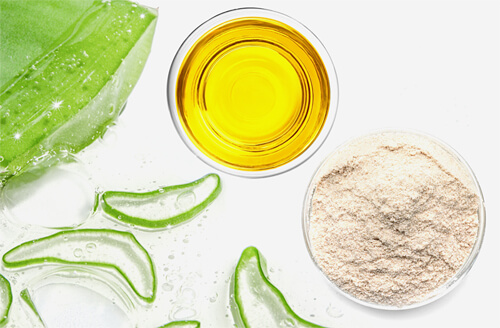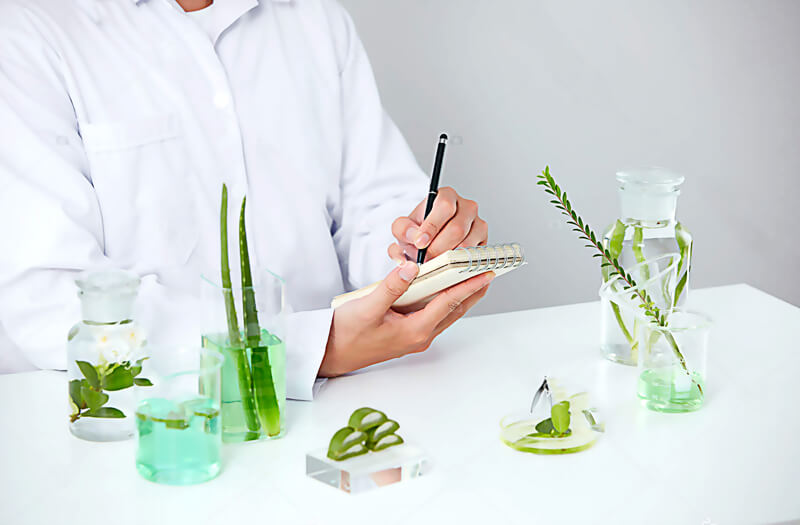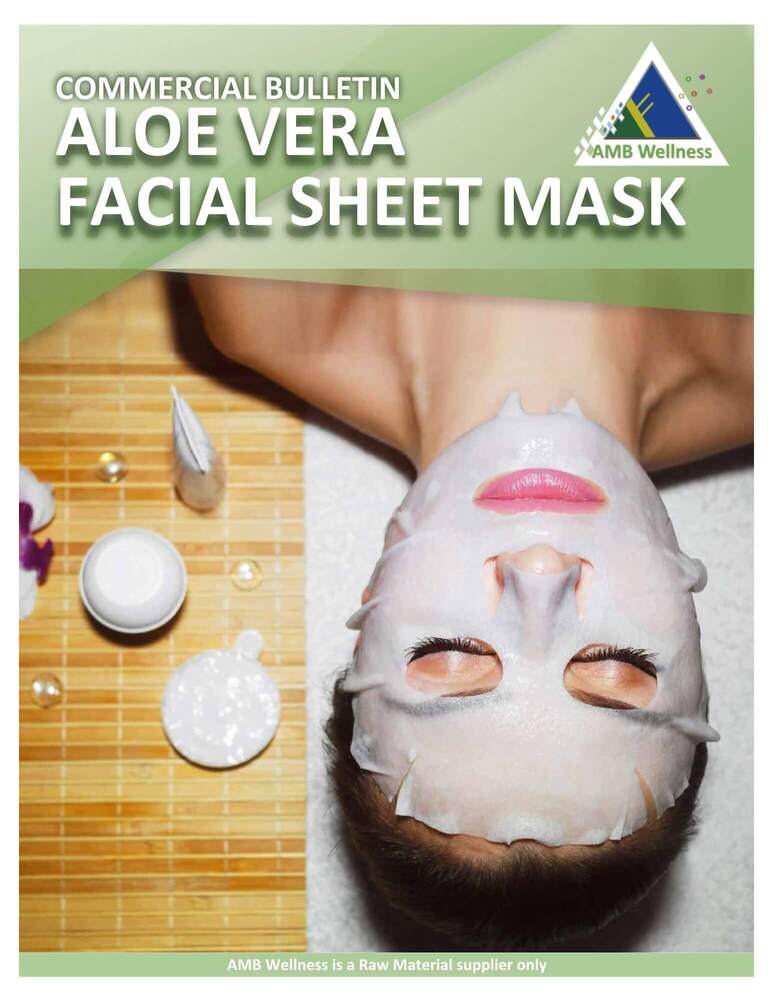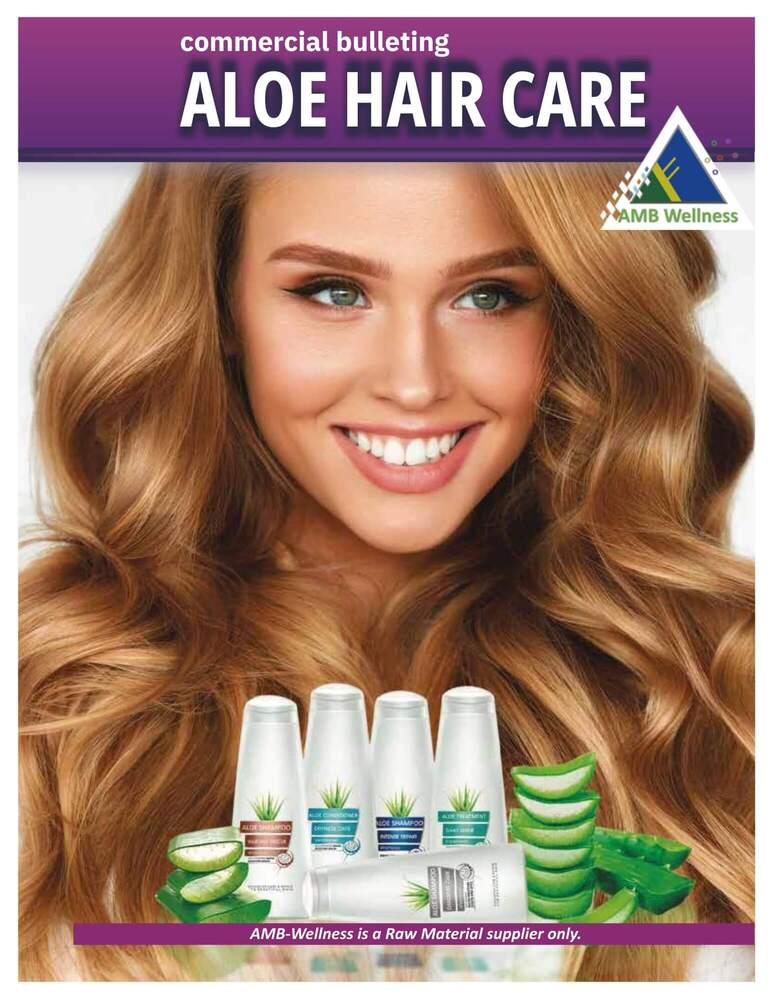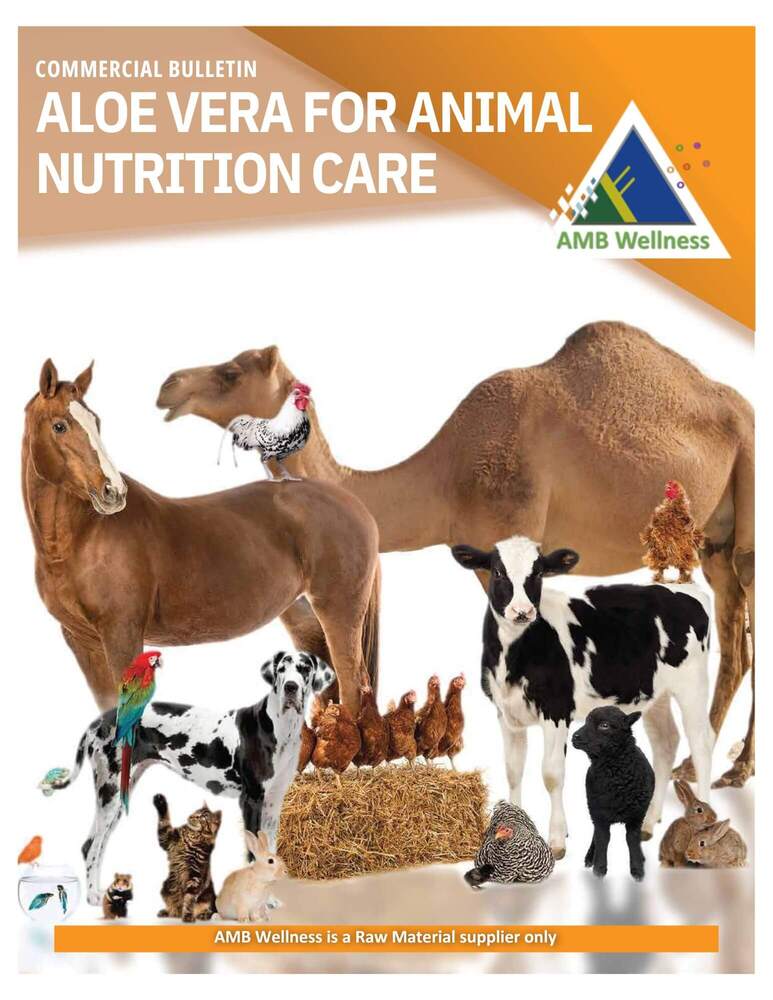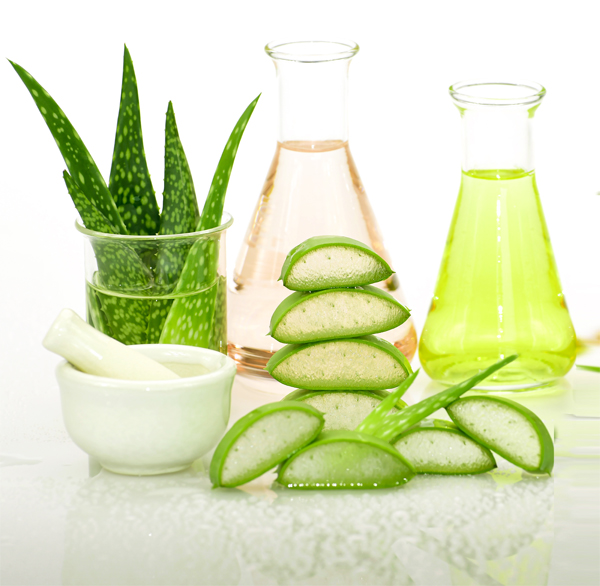Authors Paladines, D., Valero, D., Valverde, J. M., Díaz-Mula, H., Serrano, M., & Martínez-Romero, D.
Stonefruit including peach, nectarine, plum and sweet cherry are very appreciated by consumers due to their organoleptic and nutritive properties as well as their content of bioactive compounds with antioxidant activity. However, Stonefruit deteriorate rapidly after harvest and lose their quality in a short period of time ranging from several days to 12 weeks, depending on plant species and cultivar. Low temperature storage is generally used to delay the postharvest deterioration process, although in some cases this treatment is not enough to maintain fruit quality during handling, transport, and commercialization. In this sense, additional postharvest tools together with cold storage are necessary. In recent years, the use of Aloe vera gel (AV) has been used as an edible coating for raw produce such as mangoes, nectarines, apples , papaya , table grapes, sweet cherries, figs, strawberries, tomatoes , peaches and plums. In all these fruit commodities, the AV treatment preserved physico-chemical parameters such as colour, firmness, total acidity (TA), and reduced respiration rates, ethylene production (in those climacteric fruit) and weight loss, leading to maintenance of the quality characteristics and extension of the shelf-life. The gel of Aloe Vera barbadensis miller. is mainly composed of polysaccharides and soluble sugars followed by proteins, vitamins, and minerals, but are very low in lipid content, ranging from 0.07 to 0.42% depending on the Aloe vera and climatic conditions during the growth cycle. Thus, the gas barrier and hydrophobic properties of Aloe Vera-based edible coatings could be improved with the addition of lipids since the increase of lipid content in the composition of edible coatings leads to higher hydrophobic properties and barrier efficacy. In this sense, rosehip seed is an inexpensive source of unsaturated fatty acids rich oil and is becoming very popular in cosmetic and other high valuable applications such as in the pharmaceutic industry, due to its antioxidant properties. However, there is no evidence of the use of rosehip oil in the agrofood industry. Thus, the objective of this research was to analyze the beneficial effect of the addition of rosehip oil to Aloe Vera gel on delaying the ripening process and maintaining quality in a wide range of Prunus species and cultivars. As far as we know, this is the first time in which rosehip oil is being used as postharvest fruit treatment.

